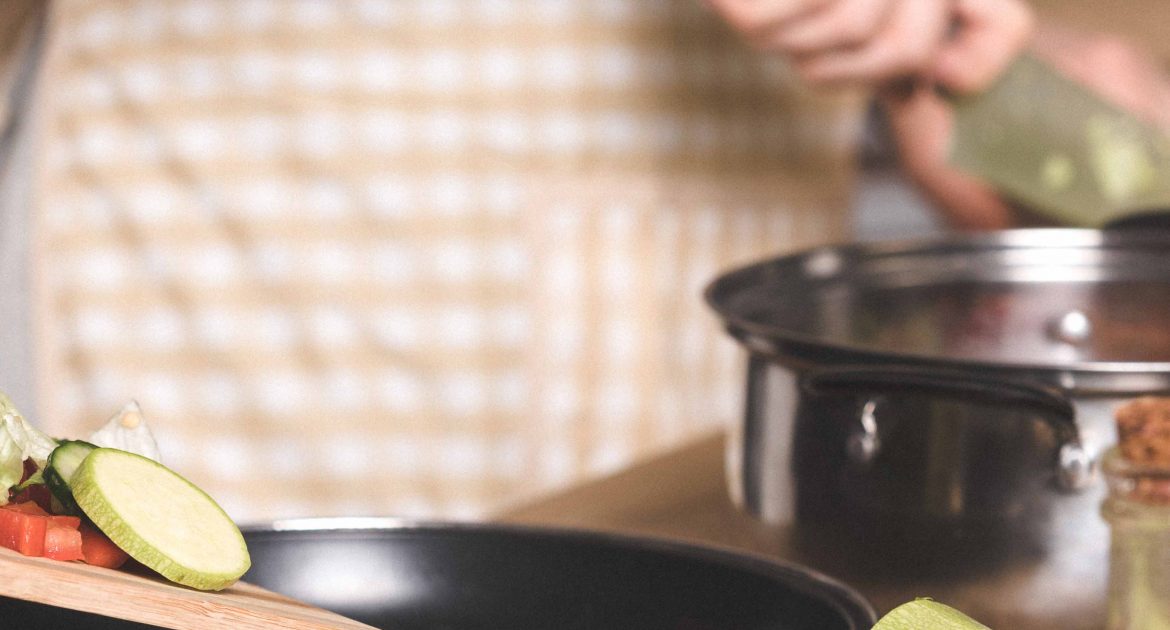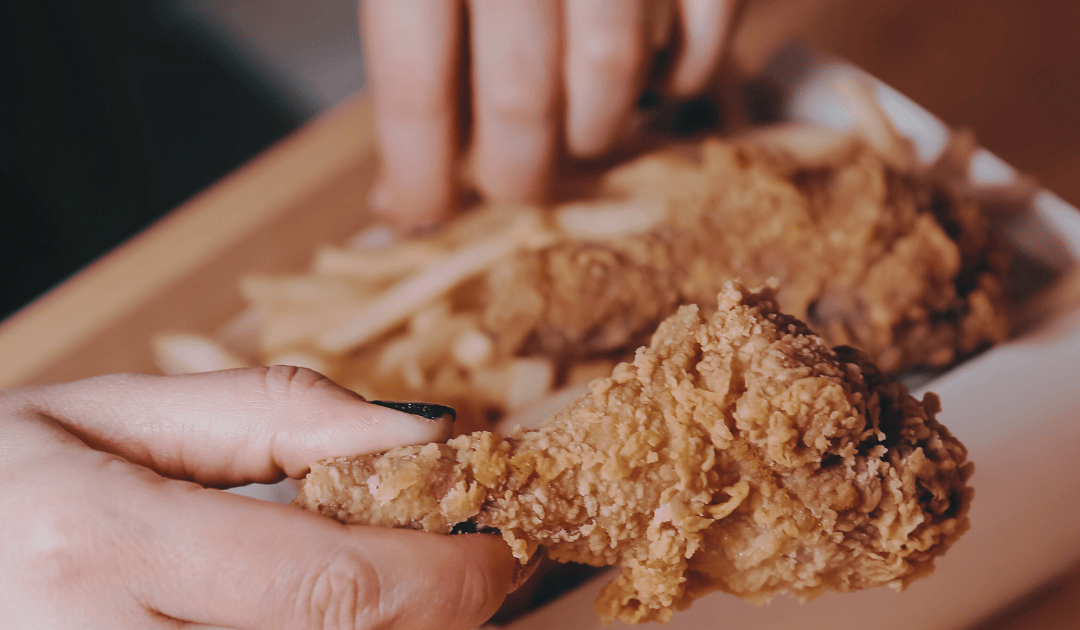We’ve all been there: reaching for the ice cream after a stressful day at work, or diving into a bag of chips when we’re feeling lonely. Emotional eating is a common coping mechanism for stress, anxiety, and a host of other feelings. But it can also lead to unhealthy habits and a strained relationship with food.
So, how can we manage emotional eating and foster a healthier relationship with our meals? Here are some strategies that can help.
1. Recognise Your Triggers
The first step to managing emotional eating is understanding what triggers it. Are you more likely to reach for comfort food when you’re stressed, bored, or sad? Keeping a food diary can help you identify patterns and triggers. Write down what you eat, when you eat, and how you’re feeling at the time. Over time, you’ll start to see patterns emerge.
2. Find Alternative Coping Mechanisms
Once you’ve identified your emotional eating triggers, you can start to find healthier ways to cope with those feelings. If you’re eating because you’re stressed, try taking a walk, practicing yoga, or meditating instead. If you’re eating because you’re bored, find a hobby or activity that you enjoy. The goal is to find something that can help you manage your feelings without turning to food.
3. Practise Mindful Eating
Mindful eating is a practice that involves paying full attention to the experience of eating and drinking, both inside and outside the body. It involves noticing the colours, smells, flavours, and textures of your food; chewing slowly; getting rid of distractions like TV or smartphones; and learning to cope with guilt and anxiety about food.
4. Don’t Deprive Yourself
One common mistake people make when trying to manage emotional eating is to deprive themselves of the foods they love. This can lead to feelings of deprivation and make you more likely to overeat. Instead, try to incorporate your favourite foods into your diet in a healthy way. For example, if you love chocolate, try having a small piece of dark chocolate after dinner instead of a large chocolate bar.
5. Be Kind to Yourself
Finally, remember to be kind to yourself. Changing your relationship with food is a journey, not a destination. There will be setbacks along the way, and that’s okay. What’s important is that you’re making an effort to improve your relationship with food.

Remember, food is not the enemy. It’s a source of nourishment and enjoyment. By changing the way you think about food, you can start to enjoy it in a healthier way. And that’s something worth striving for.







